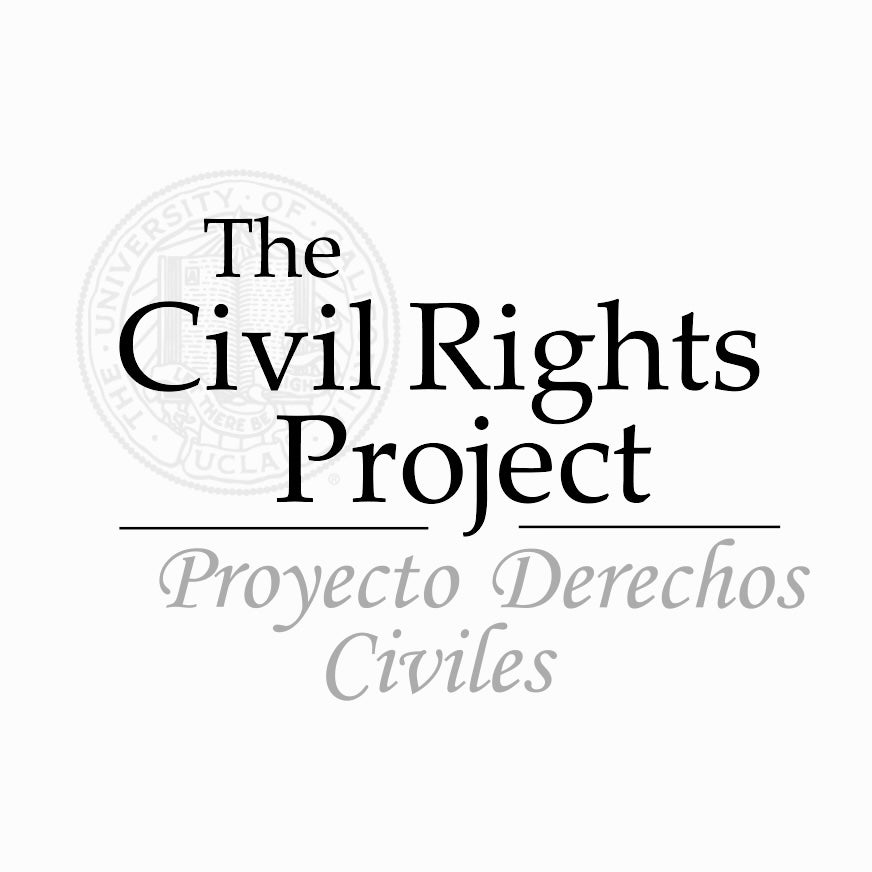LOS ANGELES–In the first of a multi-part series of reports on school segregation trends in the Eastern region of the country, the Civil Rights Project today released a new study showing rising levels of extreme isolation by race and poverty for Virginia’s black students. Fully 16% of black students in the state of Virginia now attend an intensely segregated school, 90-100% minority, increasing from about 12% in 1989. What’s more, low-income students account for about three-quarters of the student body in the state’s intensely segregated schools, highlighting a persistent and ongoing overlap between racial isolation and concentrated poverty in segregated schools.
The report, MILES TO GO: A Report on School Segregation in Virginia, 1989-2010, shows that overall school enrollment in the state’s major metros became rapidly more diverse and more multiracial over the last decade. Diversity in Virginia is no longer strictly a black-white story.
According to the report, Latino students are also increasingly segregated in schools, particularly in Northern Virginia, where they make up the largest minority group. Northern Virginia is the only region in the state reporting a pattern of more intense concentration of Latino students than black students in segregated minority settings. Northern Virginia is also the first region in the state to report that none of its largest school districts are predominantly (80%) white.
The report finds that more than half of the major school districts in the Richmond-Petersburg metro are considered racially diverse (20-60% nonwhite), and that the proportion of predominately white districts has shrunk by half over the past decade. On the other hand, a significant share of districts in the Norfolk-Virginia Beach-Newport News area are now no longer racially diverse, but predominantly nonwhite.
Despite Virginia’s long history with school desegregation, little political attention has been paid to the growing multi-racial diversity of the state’s enrollment and rising levels of isolation for its black and Latino students.
“Virginia is at a crossroads,” said Genevieve Siegel-Hawley, an assistant professor at Virginia Commonwealth University and lead author of the report. “The state has to decide to either step forward and build on the opportunities presented by its growing diversity, or sit passively and allow resegregation to take hold.”
Using 1989-2010 data from the National Center on Education Statistics, the report explores enrollment shifts and segregation trends playing out in the state, its major metro areas, and the largest school districts within those metros. The availability of statistics at these different levels makes it possible for local officials, reporters and citizens to compare patterns in their areas to other districts, metros and the state.
Growing diversity presents many opportunities for school integration, the reports states, but a key challenge will be to ensure that districts becoming diverse remain diverse–instead of resegregating. Resegregation by race is usually followed by a pattern of growing poverty, which threatens the overall stability of schools and communities. Alternatively, places that work hard to build on the educational benefits derived from stably diverse schools can counter these trends and solidify successful school and housing integration.
The report also suggests a number of ways to reverse the trends toward resegregation without implementing mandatory busing. These recommendations include linking fair housing efforts with school policies, using school choice with specific civil rights protections to promote diversity, supporting communities facing resegregation and/or undergoing racial change with voluntary desegregation plans, and teacher/administrator training.
For decades, the Civil Rights Project has monitored the success of American schools in equalizing opportunity in a changing society. This report summarizes the most rigorous research to date showing that segregated schools are systematically associated with severe educational challenges, like high dropout rates, high levels of teacher turnover, lack of experienced teachers, and fewer resources; at that same time, diverse schools are connected to a wide variety of benefits for all students.
“Though many racial issues remain unsettled for black students, Virginia now faces another kind of change as it becomes a truly multiracial state, which poses a different set of risks and opportunities,” commented Gary Orfield, Civil Rights Project co-director. “Leaders need the vision to renew efforts to achieve justice and integration for blacks and to be sure that the growing Latino communities are not locked into segregation and inequality.”
To read the report and three metro summaries, see: http://civilrightsproject.ucla.edu/research/k-12-education/integration-and-diversity/miles-to-go-a-report-on-school-segregation-in-virginia-1989-2010
Listen to the press briefing by clicking PLAY below.
